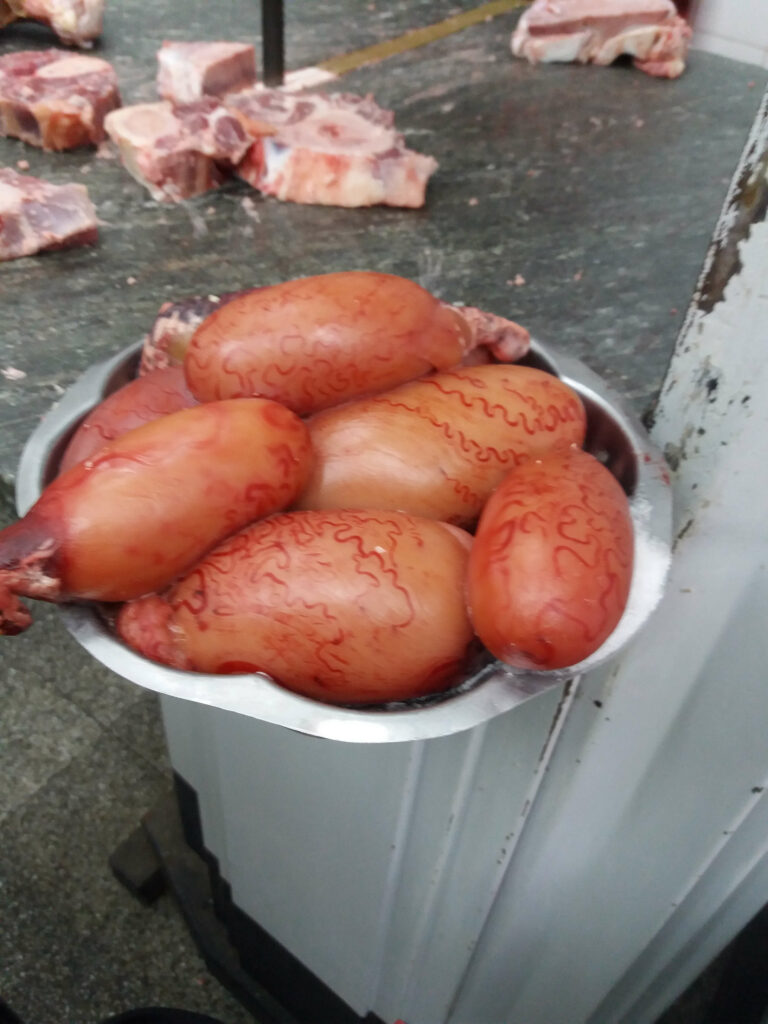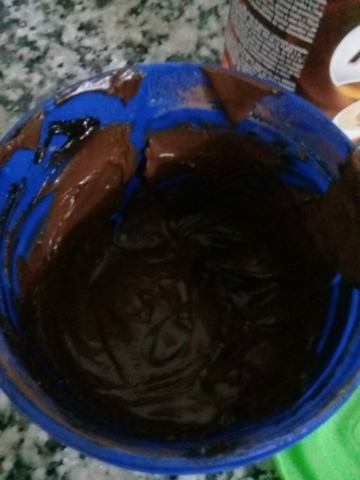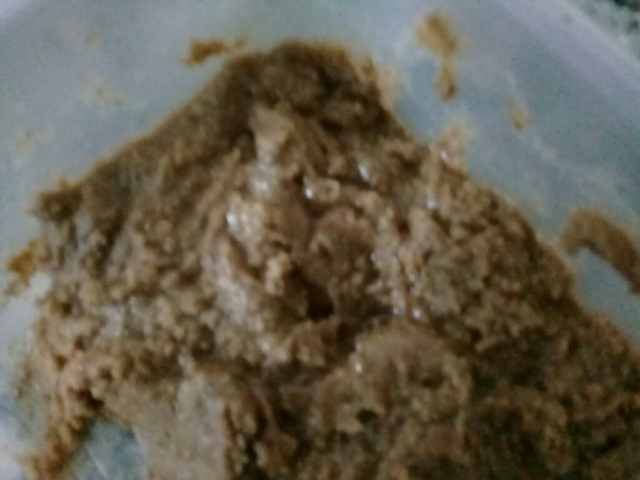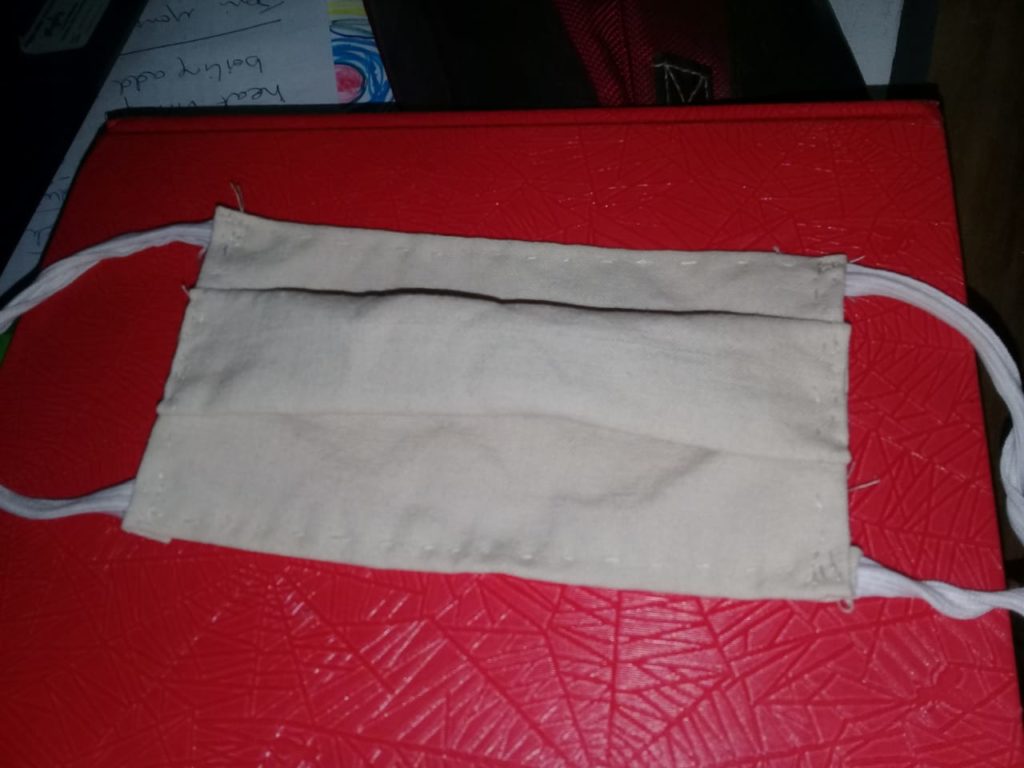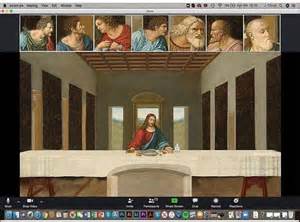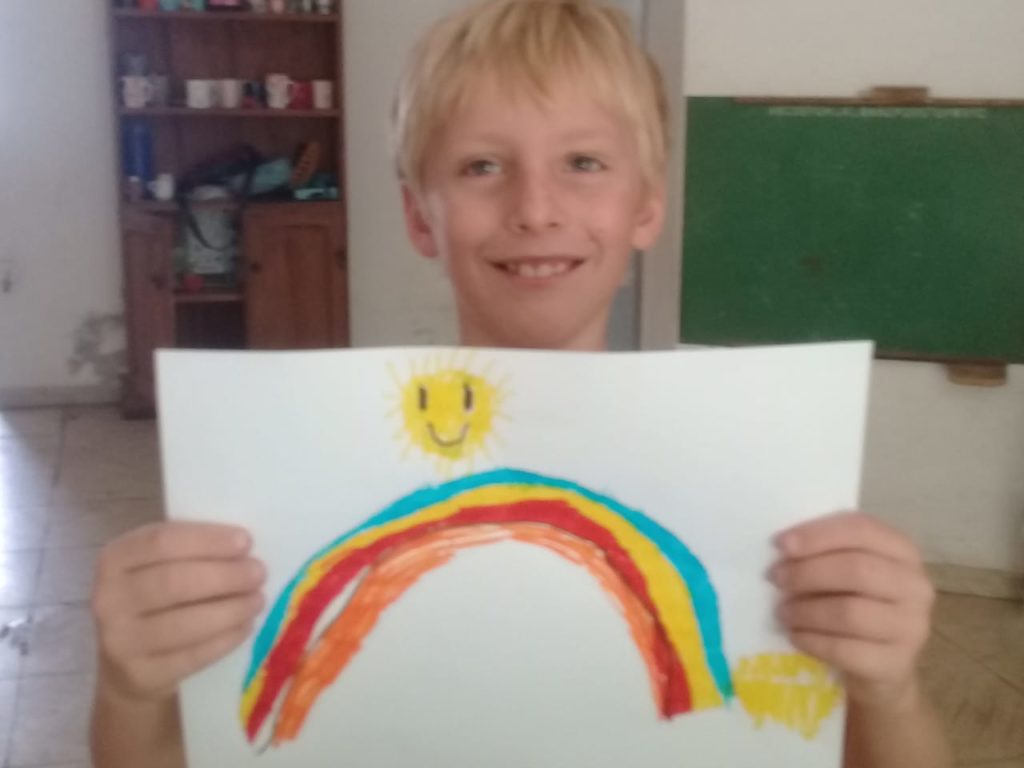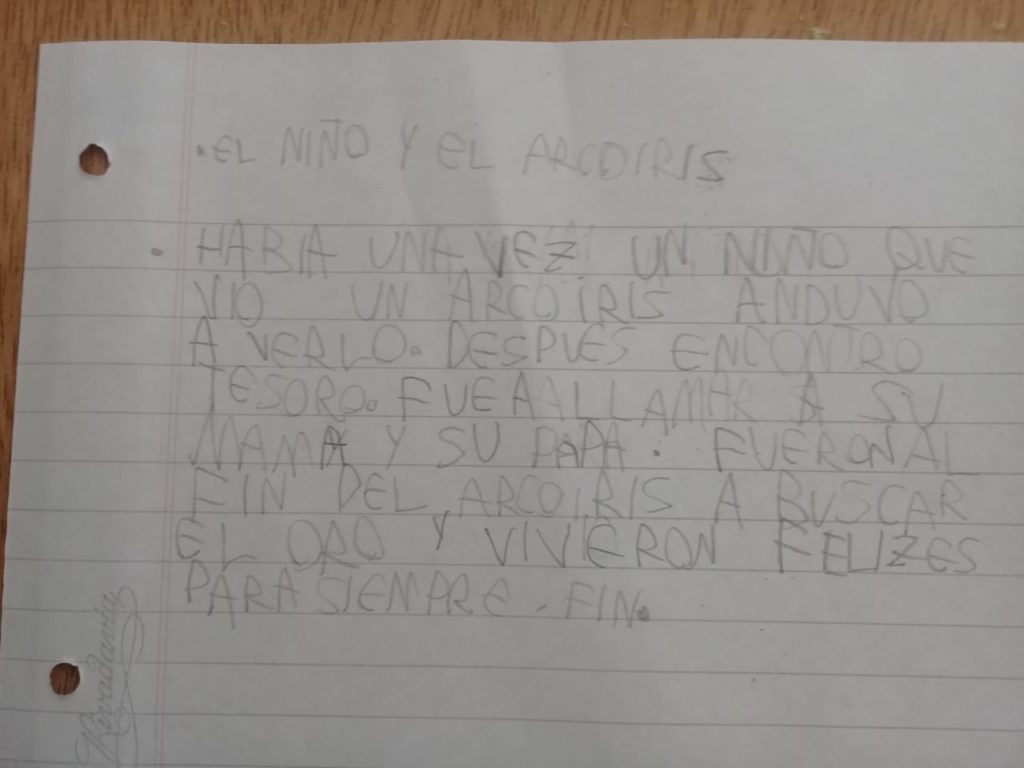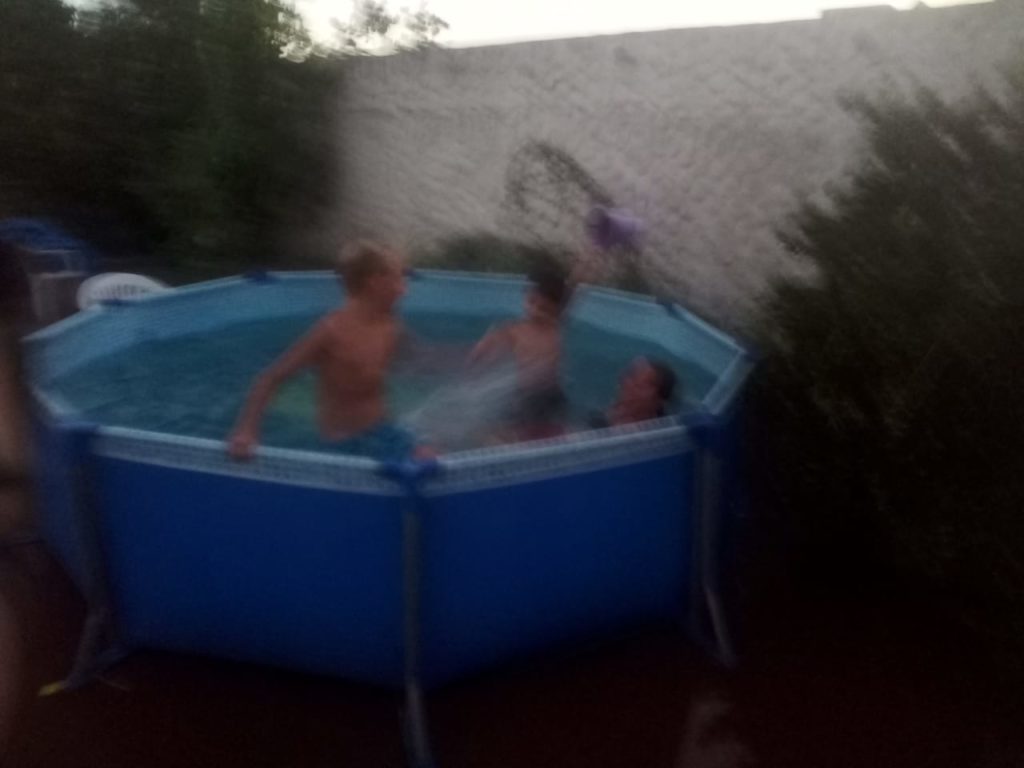Every time I start my computer, it comes up with the strap-line “in search of incredible“. This can be taken two ways, but I’ve been running this machine long enough to be quite sure that they aren’t going to find anything incredible anytime soon. Like the message on the back of the bottle top that says “better luck next time”. The computer is made by a multinational company, and like all multinational companies, the quality is deliberately varied according to the minimum that they can get away with in each state that they operate in. And this model was built in Argentina. No explanation needed.
However, it survives well enough to be worth the wait to replace it with something better next time we are allowed out of the country. So we keep cleaning it up and running the updates.
There is never a good time to download your software updates. There is also never a good time to change every piece of software that you ever relied on, all at once. So the middle of a pandemic seemed like as good a time as any, and last week I took a leap away from some of the monopolising, tax avoiding, government lobbying giants, and tiptoed into the less well documented but cleaner in every other sense, world of open source software.
I was already using Firefox as my main internet browser, and Duckduckgo as number one search engine, so it did made sense to take some next steps, although I might not recommend this experience yet to anyone who doesn’t have a handy geek on tap.
Our household operating systems now are all Linux. It hasn’t been too terrifying, if you get brave and go click around a bit, really it’s not that far removed from the Mac I had a few (ok 15) years ago. It does seem to suffer from separation anxiety though; before shutting down I now have to confirm in three different places that yes I really do want to power off (but it’s OK, I’ll be back tomorrow). And some of the communication messages were apparently written by Yoda; my favourite is “Automatic suspend, computer will.”
For writing documents, presentations and the like, I am testing libre office and WPS and not fully wedded to either, but that could also be that having spent the last donkeys years using a single product, anything else would require me to leave my comfort zone. I did think I would play with them gently over a couple of quiet weeks before I needed to produce anything serious. That was before I was returned my latest university assignment with feedback amounting to a complete overhaul and resubmission, so baptism with fire it is then.
Next project will be to look some more at photo editing. I have a photo editor courtesy of tame resident geek, which I’m not convinced about, although I haven’t played with it long enough to make come to a real conclusion yet. But I’m happy to hear any recommendations for good photo editing software compatible with Linux and operable by a tecnophobe.
